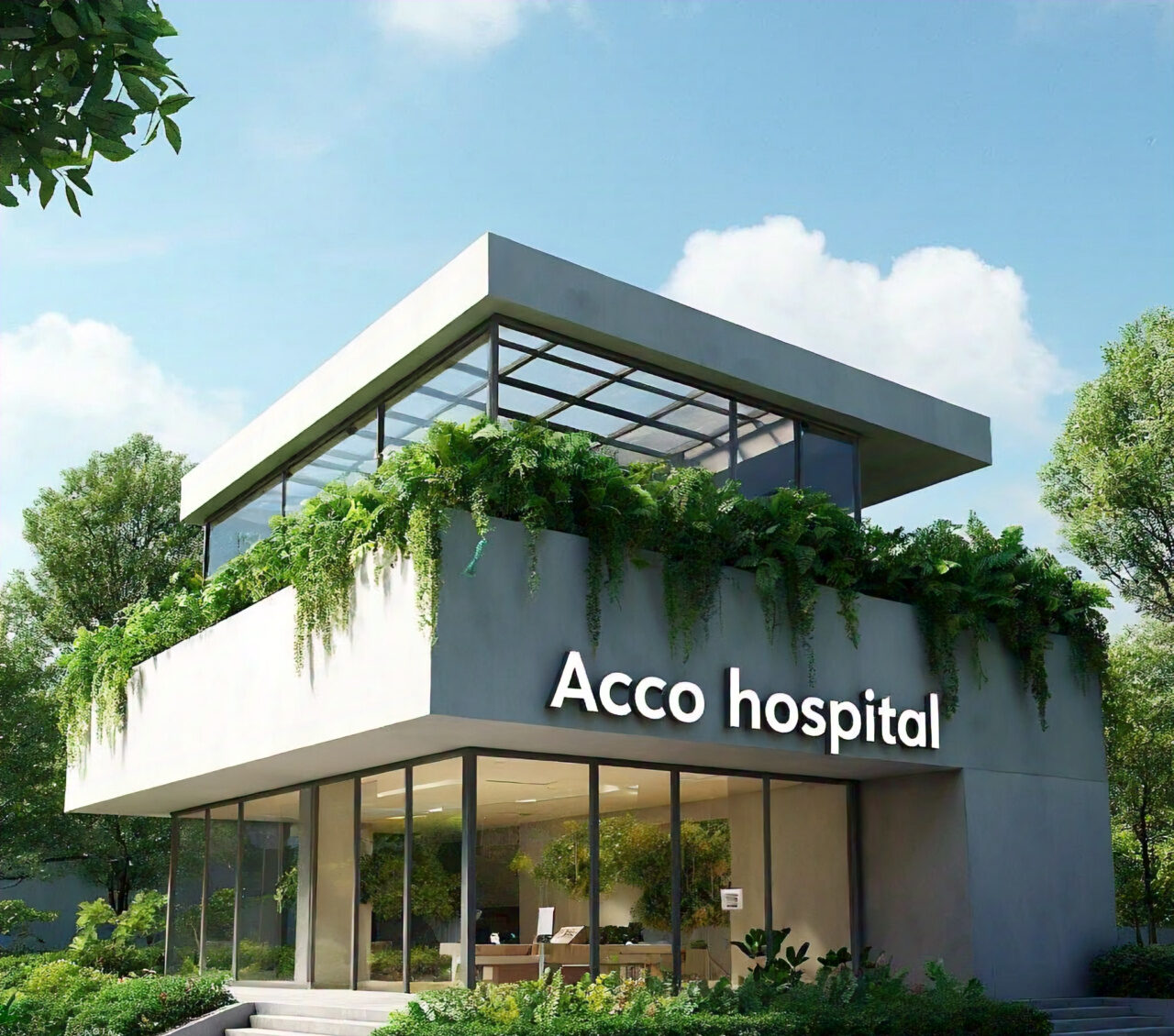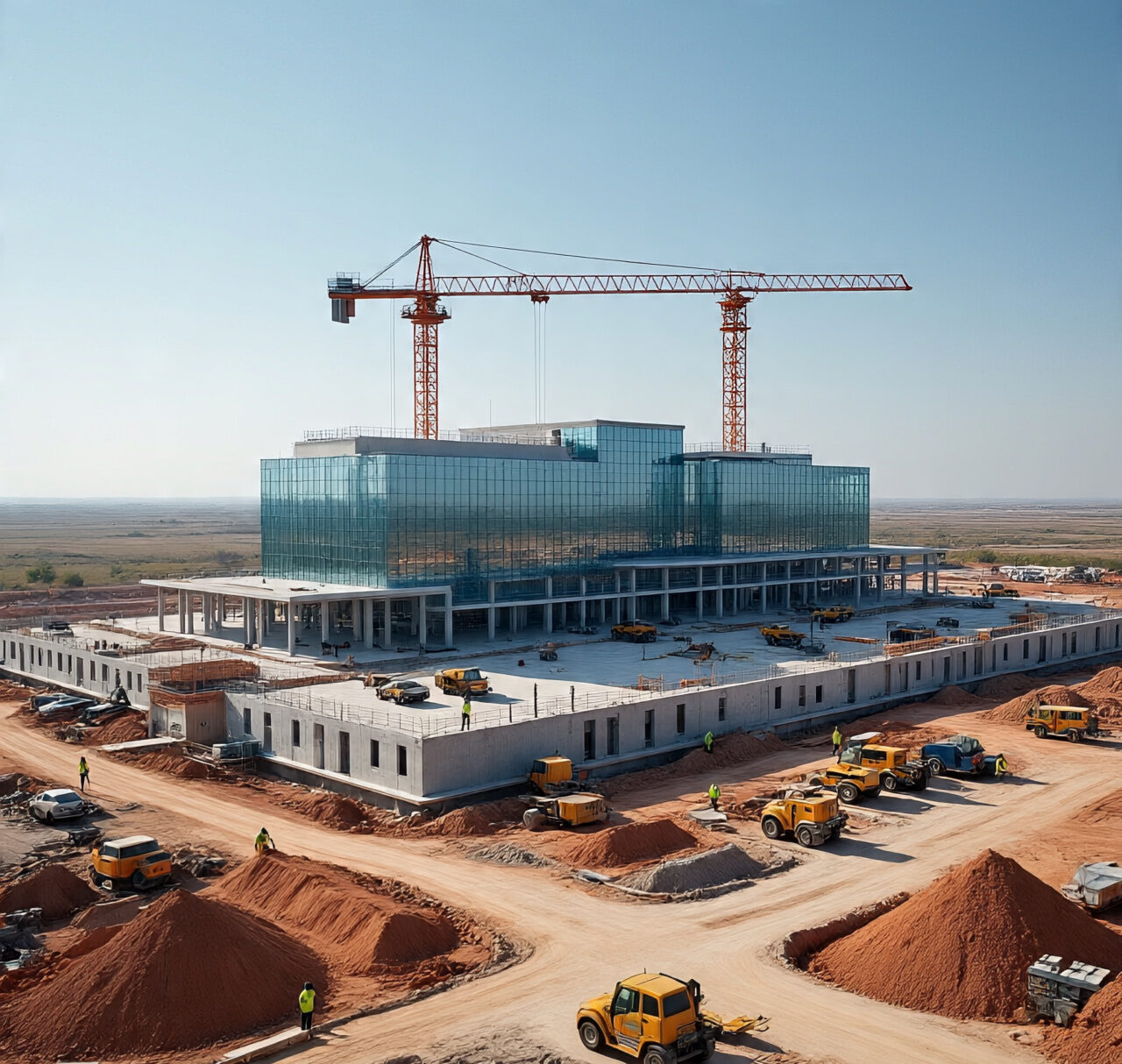
🏥 Specialized Hospital Design for Infection Control in Pakistan | ACCO Construction
Introduction to ACCO Construction
ACCO Construction is a leading architectural and construction firm based in Lahore, Pakistan, specializing in hospital planning and design, commercial and residential buildings, and turnkey construction services. With over 20 years of industry experience, ACCO has built a strong reputation for delivering high-quality, functional, and innovative healthcare environments tailored to the unique needs of Pakistan’s healthcare system.
Whether it’s designing ICU wards, operation theaters, or modular hospitals, our team ensures every project meets global healthcare standards, especially when it comes to infection prevention and control.
🔍 Topic Introduction: Why Infection Control in Hospital Design Matters
Infection control in hospital design is not just a medical concern—it’s an architectural and engineering priority. In countries like Pakistan, where hospital-acquired infections (HAIs) remain a major challenge, the way a hospital is designed can significantly impact patient safety, staff health, and treatment outcomes.
Specialized hospital design involves integrating advanced strategies and materials that help prevent, isolate, and manage infectious diseases. Post-COVID-19, this has become crucial for healthcare infrastructure across both urban and rural Pakistan.
🧱 Complete Breakdown: Infection Control in Specialized Hospital Design
1. 🧼 Zoning and Circulation Planning
Proper zoning ensures clean and contaminated areas are separated.
Key Zoning Categories:
Clean Zones: Operating rooms, ICU, pharmacies
Semi-Clean Zones: Nurse stations, staff rooms
Contaminated Zones: Toilets, dirty utility rooms, waste zones
Circulation Types:
Single corridor: High risk of cross-contamination
Double corridor: Preferred for separating staff and patient pathways
Dedicated service corridors for equipment and waste movement
2. 🌀 Ventilation & Air Filtration Systems
Proper HVAC (Heating, Ventilation, and Air Conditioning) is essential for infection control.
Design Measures:
Negative pressure rooms for isolation units
HEPA filters in ICUs and OTs
Laminar airflow systems in surgical suites
Minimum 12 air changes per hour in critical care areas
3. 🧽 Material Selection for Infection Control
Surfaces in hospitals must be non-porous, easy to clean, and antimicrobial.
Common Choices:
Walls: PVC wall cladding, antimicrobial paint
Floors: Seamless epoxy or vinyl flooring
Ceilings: Dust-proof and washable modular ceilings
4. 🚿 Sanitation and Utility Management
A specialized hospital design includes:
Hands-free faucets and dispensers
Medical gas lines with proper containment
Efficient wastewater and biomedical waste disposal systems
5. 🚪 Door & Entry Systems
Controlled access helps limit infection spread:
Automatic doors in isolation and ICU
Anterooms between wards and clean areas
Access control systems for authorized personnel only
✅ Pros and ❌ Cons of Specialized Infection-Control Hospital Design
✅ Pros
🩺 Improved Patient Safety
🌬️ Reduced Risk of Cross-Contamination
💡 Compliance with Global Standards (e.g., WHO, CDC)
🛠️ Easier Maintenance & Disinfection
🏥 Better Workflow for Medical Staff
📈 Higher Operational Efficiency & Reputation
❌ Cons
💸 Higher Initial Construction Costs
🏗️ Requires Specialist Architects and Engineers
⏳ Longer Design and Approval Timeline
🔧 Complexity in Retrofitting Old Structures
❓ Frequently Asked Questions (FAQs)
1. What is specialized hospital design for infection control?
It involves architectural planning that incorporates systems, materials, and layouts specifically designed to reduce the risk of infections within healthcare environments.
2. How do ventilation systems help in infection control?
Ventilation systems like HEPA filtration and negative pressure help isolate infectious particles and prevent airborne diseases from spreading.
3. Can older hospitals be redesigned for better infection control?
Yes, retrofitting is possible, but it requires thorough assessment and planning by professional hospital designers like ACCO.
4. Is infection control design only necessary for ICUs and OTs?
No. Entire hospital layouts, including waiting areas, washrooms, and corridors, should be designed for infection control.
5. What are the international standards followed in such designs?
ACCO follows CDC, WHO, and ASHRAE standards for infection prevention in hospital environments.
🧾 Internal Links for More Info
🌐 External References
World Health Organization (WHO) – Infection Prevention Guidelines
CDC – Guidelines for Environmental Infection Control in Health-Care Facilities
🔚 Final Verdict
Specialized hospital design for infection control is no longer optional—it’s essential. In Pakistan’s rapidly evolving healthcare system, investing in modern, infection-resistant architecture ensures better patient care, staff safety, and public health protection.
If you’re planning to build or renovate a healthcare facility, choose a partner that understands both the science and the structure.
📞 Call to Action
Ready to design a safe and modern hospital facility?
👉 Contact ACCO Construction today for a free consultation!
📱 Phone: +92 322 8000190
💬 WhatsApp: Chat on WhatsApp
📧 Email: info@acco.com.pk
🌐 Visit Our Website
Alt Text for Suggested Images
“Hospital layout plan showing zoning for infection control”
“Negative pressure isolation room diagram”
“HEPA filter system installation in hospital ICU”
“Modular hospital wall cladding and flooring sample”




